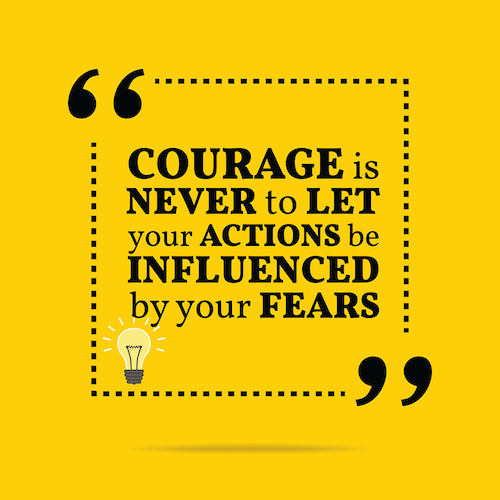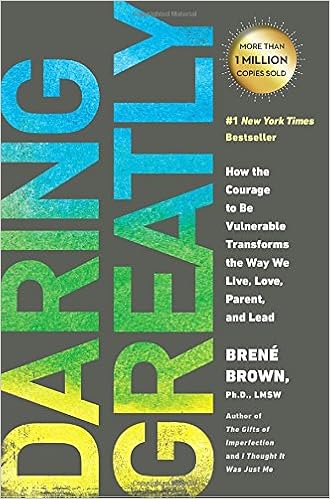
Your Challenge
- Believing that courage comes from positional power
- Too fearful to be your real self in a corporate political environment
- Considering vulnerability as weakness
- Too hesitant to lead authentically and not realizing its potential
- Depending upon self-expertise and not considering interdependence to be of any value
- Tough business climates- not very encouraging for leaders to be at their best authentic self
Authentic leaders genuinely care about their organization and their teams with a deep sense of the bigger picture or the purpose. They bring forward their passion, beliefs, attitudes and create conditions that foster a learning environment, which stands on the pillars of respect, safety, care, and authenticity.
However, the complex organizational environments and tough business climates can instil fear, disappointment, betrayal, grief, lack of motivation and many other unfavorable emotions in leaders. Such emotions put a constant pressure on leaders to be not at their authentic self in their roles. On top, the ever-increasing 'expert and technical economy' limits interactions of leaders and reduces the opportunities to reveal themselves as they genuinely are.
So how can leaders be courageous enough, yet be vulnerable and authentic in the midst of such a chaos?
The Winning Ways to Courageous Leadership
Leaders cannot afford to lose their authenticity if they need be effective in their roles. They cannot stop caring for the organization or their teams either. They need to build those genuine human relationships around them and foster a culture of shared leadership and drive results.
The foundation to the winning ways to be vulnerable and yet be a courageous leader lies in the mindfulness of what and how much to reveal. Leaders need to be selective and use these techniques effectively:
1. Share the gaps but choose the right ones: Revealing gaps or weaknesses needs a lot of guts and courage. But it does not mean that leaders should open the Pandora's box of fatal flaws. Share those gaps that do not affect direct tasks or performance and do not take a leader's credibility downward. For example, the propensity to reveal hints of confidential data of one company with another as a charted accountant can be seen as a fatal gap and can challenge the authenticity of such a leader.
2. Share to get help and foster shared leadership: Leaders direct attention to invite others to get help for their gaps. These could be technical gaps. They make these gaps the opportunities for teams or others to come forward and show support. They strategically take a back seat and foster a positive environment for shared leadership and command greater respect through this influence. Creating such intentional opportunities and experiences build a greater sense of purpose and confidence in everyone.
3. Making vulnerability human and for all: Vulnerability is human and that should be the message from leaders to their teams. Effective leaders create safe environments, where they allow everyone to express their weaknesses and be who they are- with their strengths and vulnerabilities. Offering others the support when they need it, based on trust and no judgment is a positive and effective way to be self and let others be themselves at the same time. It helps everyone own their weaknesses while underscoring authenticity.
*Image Courtesy: Middleweb
Recommendation

Daring Greatly: How the Courage to Be Vulnerable Transforms the Way We Lead, Live, Love, and Parent by Brené Brown
The #1 New York Times bestseller. 1 million copies sold!
From thought leader Dr. Brené Brown, a transformative new vision for the way we lead, love, work, parent, and educate that teaches us the power of vulnerability.
Brown explains how vulnerability is both the core of difficult emotions like fear, grief, and disappointment, and the birthplace of love, belonging, joy, empathy, innovation, and creativity. She writes: “When we shut ourselves off from vulnerability, we distance ourselves from the experiences that bring purpose and meaning to our lives.” When we step back and examine our lives, we will find that nothing is as uncomfortable, dangerous, and hurtful as standing on the outside of our lives looking in and wondering what it would be like if we had the courage to step into the arena—whether it’s a new relationship, an important meeting, the creative process, or a difficult family conversation. Daring Greatly is a practice and a powerful new vision for letting ourselves be seen.

Comments
Post a Comment